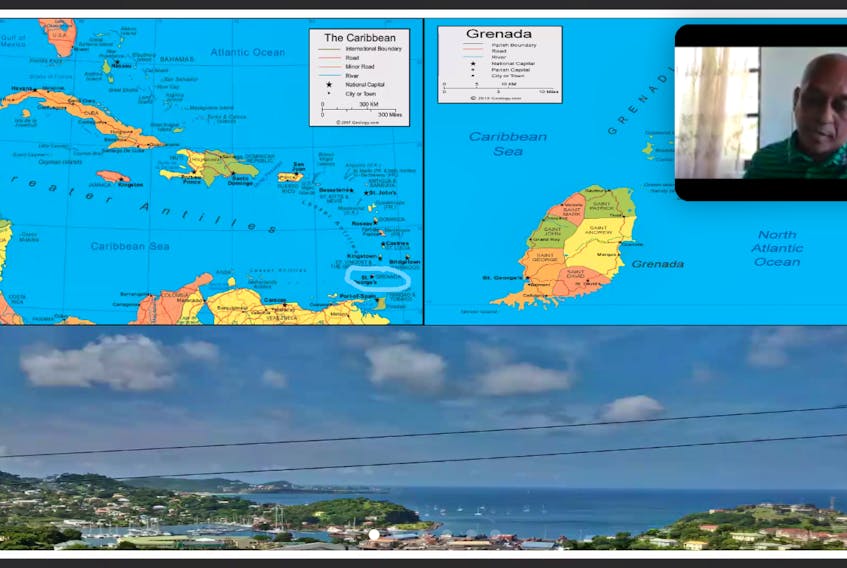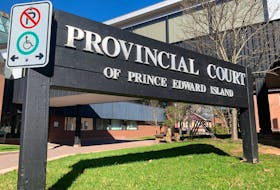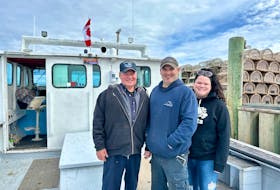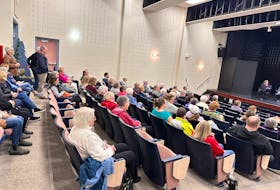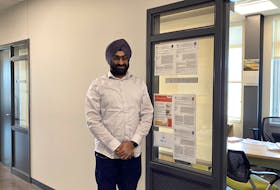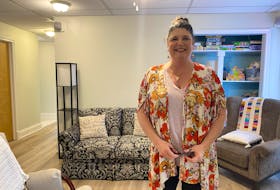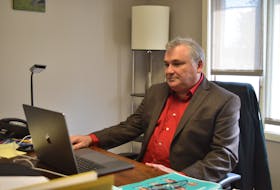While many islands around the world have been able to figuratively “pull up the drawbridge” and keep the COVID-19 pandemic at bay, the lockdown exposed unique issues for those who live surrounded by sea.
Some of those issues came to light earlier this week with a panel discussion titled Islands and COVID-19 Recovery Plans: Promoting Resilience and Sustainability. The discussion helped to jump-start a free conference, Virtual Island Summit, which begins this week.
More than 60 participants gathered virtually to hear six speakers from around the globe share their experience during the early days of the pandemic, what their countries did to cope and what they’re hoping for the future.
Tourism, economy, digital connection and health-care infrastructure were common themes in each location.
MOVING FORWARD
Francesco Sindico from the Strathclyde Centre for Environmental Law and Governance (SCELG) took the opportunity to launch a study early in the pandemic.
“How can we move from a global pandemic to a sustainable future?” asked Sindico. “I do not have the answers, but I do want to start a conversation.”
Between March 22 and June 1, Sindico collected 130 responses from 83 islands in 54 countries.
He found that Islands fared generally well, because they could control access. However, the lockdown exposed weaknesses in previously strong economies.
“Almost from one day to the other, (economies) became very fragile,” said Sindico. “Clearly, all around the world we have seen such things – tourism, food security, health and digital infrastructure among others, that really were highlighted as ‘we need to re-think’.”
Sindico said he wants to use COVID-19, as unfortunate as it is, as an opportunity to foster open communication moving forward.

TOURISM WORRIES
Giulia Sajeva, a SCLEG fellow, joined the panel from the Italian shores on the Egadi Islands.
“In fact, (the) population coped really well with the isolation because they are actually used to it because they are very solitary during the winter months,” she said, but the loss of tourism was a blow to the economy.
When the Italian government reopened the country for tourism, visitors flooded the small islands overwhelming the testing abilities of the islands’ tiny health clinics. Several mayors have launched a protest to call for more health supports from the Italian government.
DIGITAL DIFFICULTY
In Grenada, John Telesford from T. A. Marryshow Community College said his government faced similar issues, describing its economy as “one egg, one basket” with tourism as the egg.
Digital connectivity was also revealed to be an issue for local students trying to study at home.
Going forward, Grenada will prioritize digital connectivity as well as social and psycho-social supports.
“Thank God that we did not have many cases, so we did not have to test the full mettle of the health facilities. (They are) are quite fragile, and we know that a lot of funds would have been directed into also trying to bolster the public health system to combat the COVID-19 impacts,” said Telesford.
FORTUNATE, SO FAR
On the Shetlands, Andrew Jennings called in from the Institute for Northern Studies in Lerwick. He said they’ve been fortunate in the COVID-19 pandemic.
“I suppose it could be summed as a big impact, but not totally devastating – yet.” said Jennings.
Shetland’s fisheries took a hit early on but have started to rebound, and UK stay-cationers have helped tourism.
GENDER ISSUES
Jane Ledwell, a researcher, policy analyst and executive director at the P.E.I. Advisory Council on the Status of Women said the pandemic has impacted genders differently and unequally. She’d like to see gender equality issues at the centre of any recovery plan.
On P.E.I., women’s unemployment rates have outpaced men’s unemployment rates since the beginning of the pandemic, said Ledwell.
If P.E.I. recovers well, it will be because there are adequate supports for caregivers’ resilience, said Ledwell.
@JournalPEI

